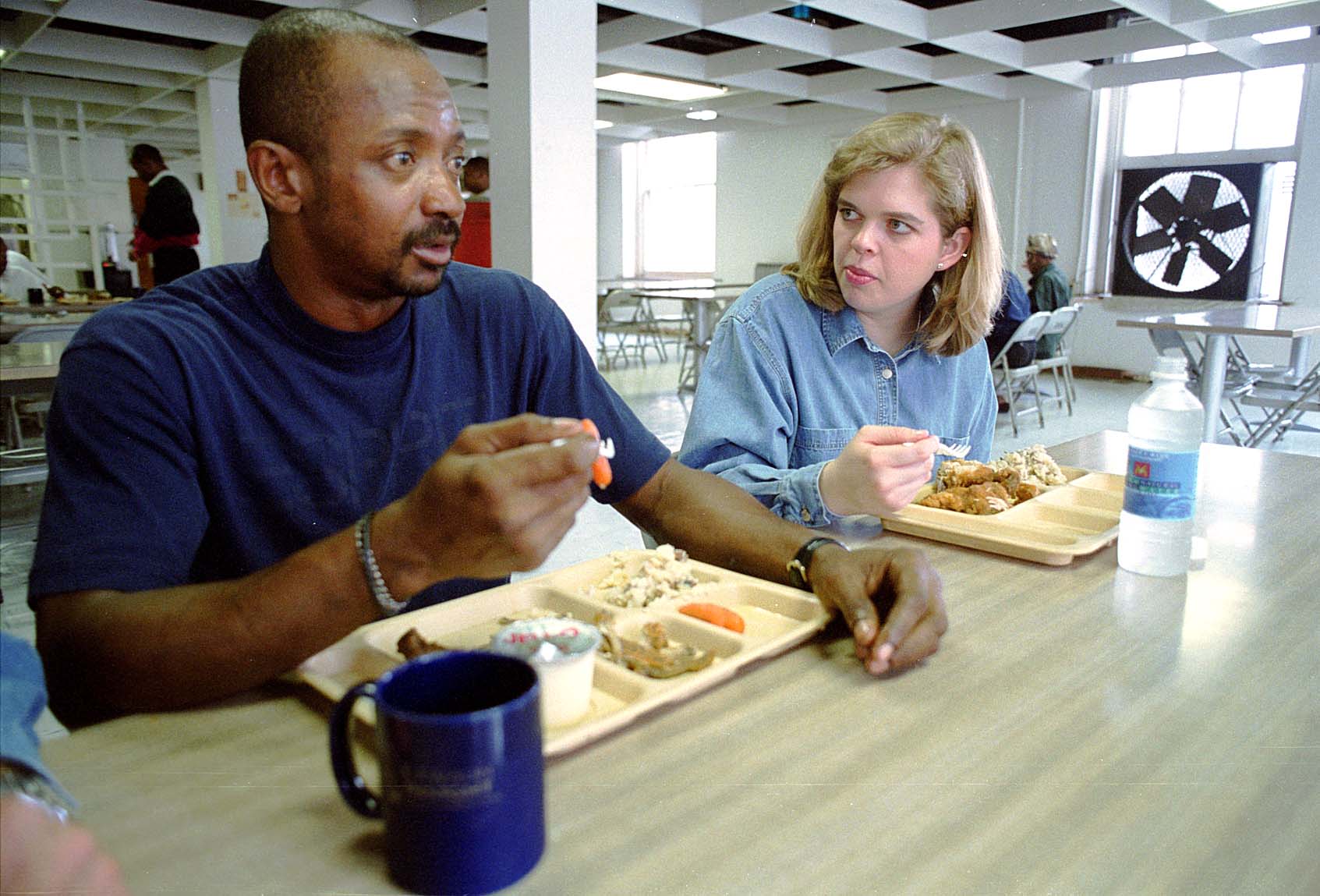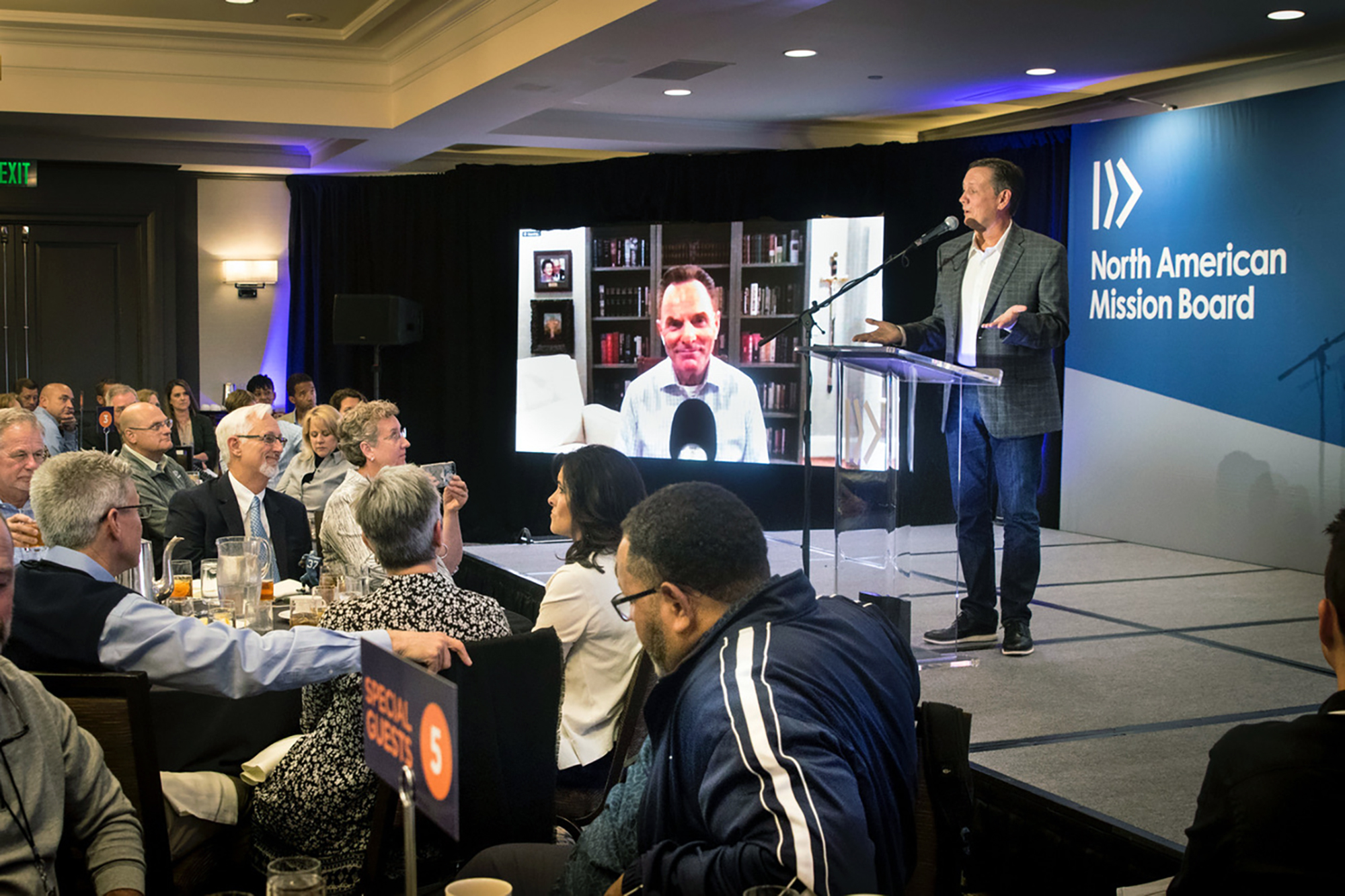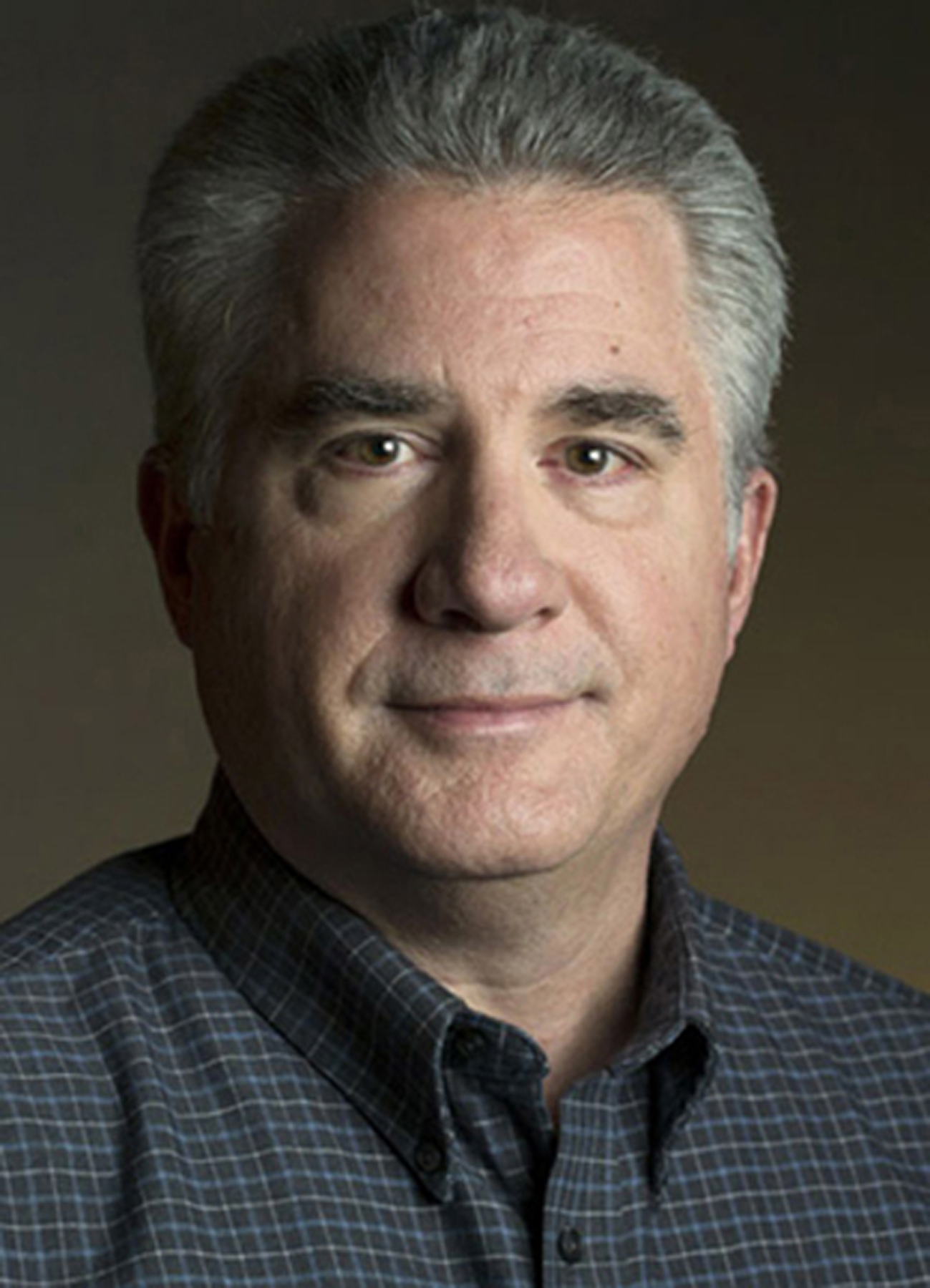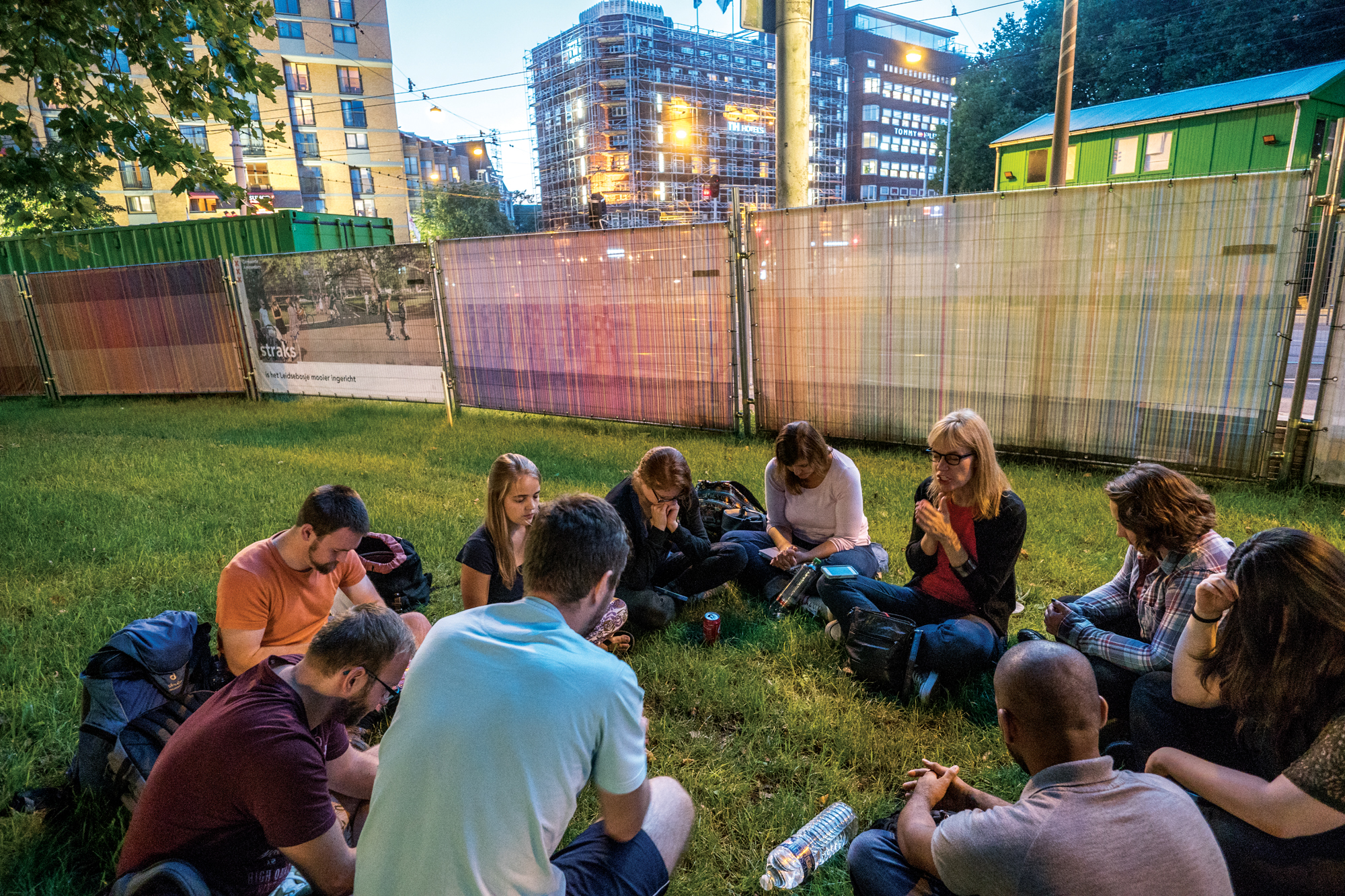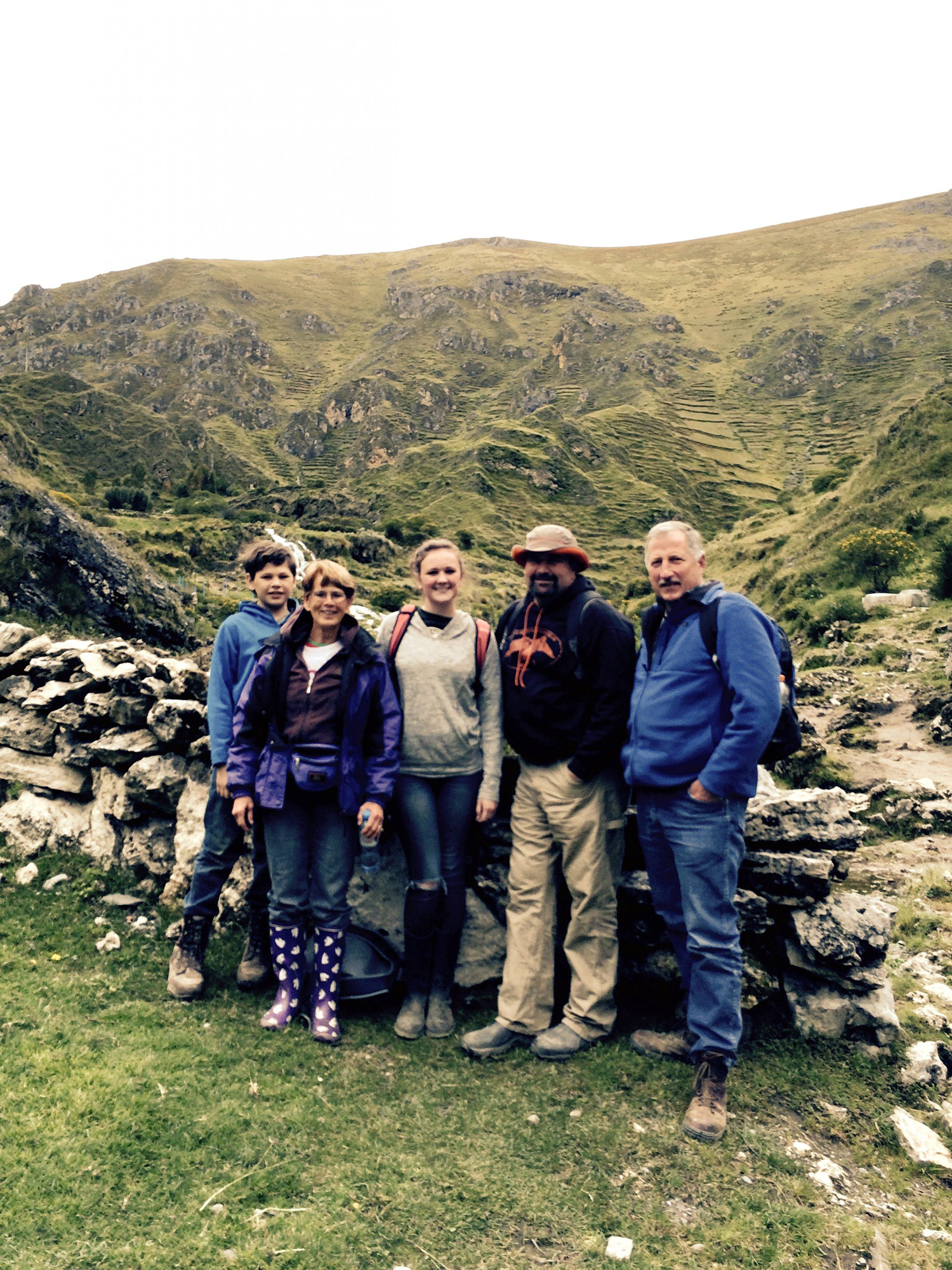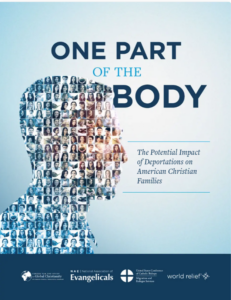
NEW ORLEANS (BP)–Just one block from New Orleans’ glitzy French Quarter district and glamorous Canal Street is the last place most thrill-seekers would step into when they’re headed to “The city that care forgot” — where “Laissez les bon temps roullez” (“Let the good times roll”) is the death-defying force behind the actions of some men and women.
Many come only to indulge themselves completely in this city’s strange mix of exotic cultures and European charm, neon lights and crystal chandeliers, 24-hour cafes and world-renowned haute cuisine — along with readily accessible liquor and gambling. While some come honestly seeking a job in the area’s non-stop tourist industry, eventually even for them the lure of totally unrestrained irresponsibility somehow becomes synonymous with fun.
When the supposed good times are long gone and friends have deserted them, Ginger Smith is waiting to take them in.
Smith, a featured missionary during the March 4-11 Week of Prayer for North American Missions, has served since 1995 as social services coordinator at the Clovis L. Brantley Baptist Center.
Smith oversees the center’s women’s and children’s shelter; supervises the self-assessment phase of a Christian rehabilitation program; and leads Bible studies and classes on computer skills, GED preparation, parenting, job readiness and anger management. She also is the center’s community referral and resource specialist.
Originally from Arkansas, Smith said she “always wanted to work with people, but didn’t know exactly how God wanted to use me.” No one in her family had ever been involved in vocational ministry — let alone inner-city social service ministry.
She first applied for summer missions service while still in high school. When she was approved to serve at an inner-city ministry center in Houston, it was a shock to her parents — who told her she could not go. But they came around after a personal visit from veteran missionary Mildred McWhorter — the center’s director.
“It was amazing to see how God worked all that out,” Smith said. The three months went by safely, and when it was time to start her first year of college, Smith said, “I knew that my life had changed forever.” She spent every summer of her four years in college doing a variety of mission projects, including two in U.S. inner-cities, one in a pioneer U.S. ministry area and her final summer in Hong Kong.
“I really struggled about whether to go back to Hong Kong instead of going on to seminary,” Smith said, but she never had peace about it. Within 24 hours of her arrival at New Orleans Baptist Theological Seminary, she had an interview to work at Brantley, “and I knew from the first day that I was going to work here, that this was my place of ministry.” She served a two-year internship at the center before becoming an appointed missionary of the North American Mission Board.
Smith is one of three NAMB missionaries at the Brantley Center, where “soup, soap and salvation” continue to play important roles in the work of the New Orleans’ only Southern Baptist homeless shelter, originally started in 1927. Named in memory of a former superintendent, the Clovis A. Brantley Center still features the preaching of the gospel as its central purpose. Besides the morning Bible studies, nightly preaching services also are held — often led by seminary students and area ministers, including Clay Corvin, vice president for business affairs at NOBTS.
“Ginger is a jewel. She’s one-of-a-kind,” said Corvin, whose weekly volunteer ministry at the Brantley Center has spanned more than 20 years. “I’ve seen a lot of people go in and out of here. She is truly Christlike and has such a sweet, patient, kind spirit. But when she says, ‘No,’ they know she means it.”
Attractive, energetic and patient, Smith might at first glance seem innocent to New Orleans’ notorious “ways of the world.” But she learned her lessons well in college and seminary, through her several mission trips and especially during her internship.
She is now described by the male staff members at Brantley Center’s front desk as “an alcoholic and drug addict’s worst nightmare.”
“In other words,” added a man from Texas who was finishing the program that day, “she takes her work seriously. … She’s taught me that even as manipulative as we can be, God sees right through it, and she sees right through it. I needed that.”
“Ginger has taught me you can’t just read the Bible. You have to live it,” said a fellow staffer at the center, who herself had endured the hardships of the streets.
Another former homeless man, the father of five children, said he now has a passion for inner-city ministry because he was helped so much by Ginger and her supervisor, Tobey Pitman. “I used to think, ‘Y’all could be doing better things with your lives instead of being down here with us druggies.’ But now I just can’t help feeling like God wants me to do what I can for other people too.”
“You can’t say anything bad about Ginger,” said another former homeless man now on staff. “She smiles even when she’s mad. She never loses her cool. She is our Good Samaritan around here. We love her and we respect her.”
One of the things Ginger enjoys about ministry in New Orleans is that “bottom line, people don’t pretend in New Orleans. People living here are who they really are — colored hair, multiple piercings, different lifestyle, everything.”
On the other hand, she said, New Orleans can be a difficult place to minister, “as people can have the attitude that there are no consequences to their actions. They come here to revel in uncontrolled freedom. When they’re here, some people don’t have moral lives for themselves like they would if they were in other places, like back home.”
In the late afternoon, the smell of bleach lingers upstairs in the men’s floor and separately on the women’s floor. A total of 232 guests can be sheltered each night. Everything may be rough, but it is spotless. Smith works hard to keep germs away from her guests and to offer them a clean and safe place to stay.
Over the years, faithful Southern Baptists have donated the mattresses, sheets, blankets, towels and clothing. But since the traffic is so steady and usually to capacity, Smith always finds herself in need of new items. Area restaurants often donate food. Nothing is ever wasted or taken for granted, Smith said with assurance.
To the “shelter guests,” as she refers to her transient boarders, Smith likes to offer a place “where we treat them like they’re human beings,” rather than a faceless number among hundreds of others.
“People are people, regardless of their money or status,” she insists. “I don’t see them as homeless people.”
She works hard at remembering their names, making their birthdays special, and helping them to become responsible and productive. But most of all she enjoys helping them to know Christ as their personal Savior, to use his strength to overcome their addictions, and to grow in knowledge and service to him.
While secular-based social workers are burning out emotionally and physically all around her, Smith holds on to a verse from the Old Testament to keep herself from falling into depression or cynicism: “Don’t be discouraged” (Joshua 1:9).
“I keep reminding myself that I’m not here to be a social worker. I’m here to share the love of God with people, and that’s not a discouraging job,” Smith said.
(For more information on Smith and other missionaries featured in the Week of Prayer for North American Missions, visit the www.anniearmstrong.com website.)
–30–
(BP) photos posted in the BP Photo Library at https://www.bpnews.net. Photo titles: IN PRAYER, ON SITE, and SPURRING DISCUSSION.
